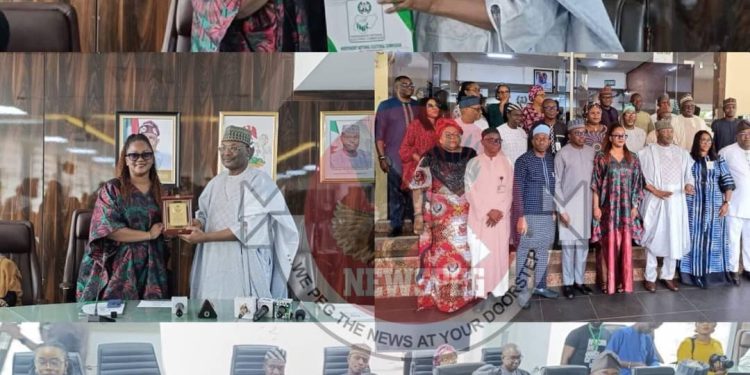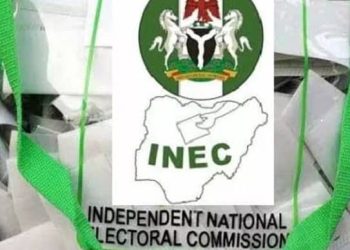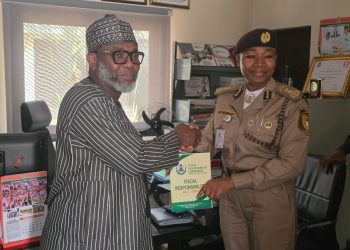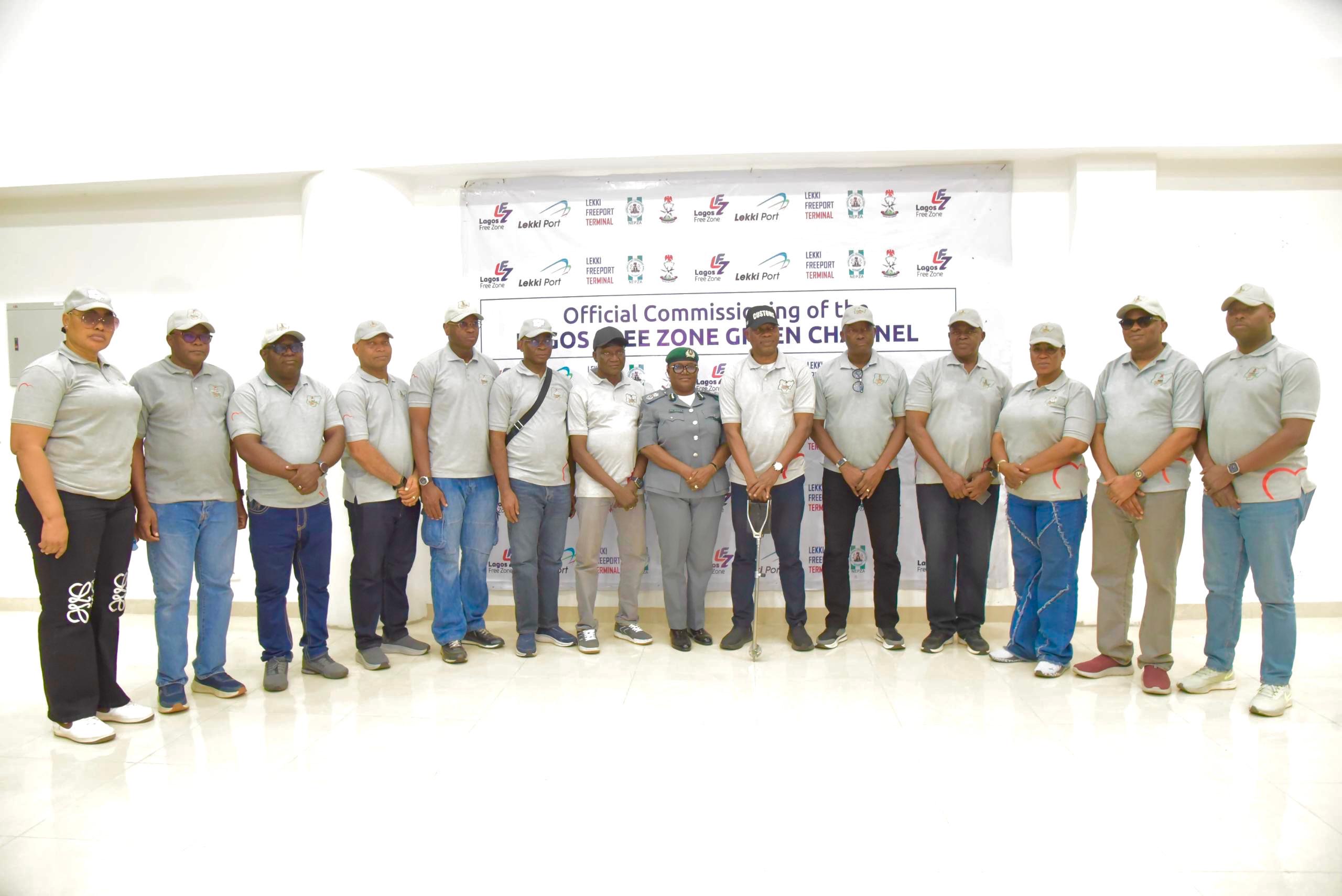By Nkechi Eze
The Independent National Electoral Commission (INEC) has unveiled plans for a historic shift in Nigeria’s electoral system, signaling that the country’s national voter register may one day be drawn directly from the citizenship database managed by the National Identity Management Commission (NIMC).
INEC Chairman, Professor Mahmood Yakubu, disclosed this on Wednesday during a courtesy visit by the NIMC Director-General, Engr. Abisoye Coker-Odusote, to the Commission’s headquarters in Abuja. He said the partnership between the two agencies marks a significant step towards building a seamless electoral register anchored on citizenship identity, a practice already adopted in many democracies across the world.
Professor Yakubu explained that both institutions hold Nigeria’s largest biometric databases, but with distinct mandates, INEC’s for elections and NIMC’s for citizenship records. According to him, harmonizing these resources could transform the nation’s electoral landscape.
“When the time comes, the national register of voters may simply draw from the citizenship register as is the case in many jurisdictions around the world. This may also enable citizens to vote in future elections from their places of choice anywhere in the country, rather than the places they register as voters as is the case at present,” Yakubu stated.
He revealed that the collaboration is already producing tangible results. During the Continuous Voter Registration (CVR) exercise in Anambra State between July 8 and 20, 2025, NIMC deployed its officials to INEC registration centres to enroll citizens for the National Identification Number (NIN). With the pilot scheme deemed successful, the Commission intends to scale up the initiative nationwide.
The INEC boss explained that this integration now allows Nigerians to register as voters while simultaneously obtaining their NIN at designated CVR centres. NIMC, he added, will release the detailed locations and modalities for the expanded exercise in due course.
Yakubu stressed that the collaboration underscores INEC’s determination to leverage national institutions in strengthening the electoral process and ensuring that the foundation of voting rights is firmly rooted in citizenship identity. He emphasized that such reforms would also pave the way for futuristic innovations, including greater voting flexibility for citizens.
He expressed appreciation to Engr. Coker-Odusote and her team for their support, pledging that INEC would sustain the synergy with NIMC to deepen both identity and electoral reforms.















